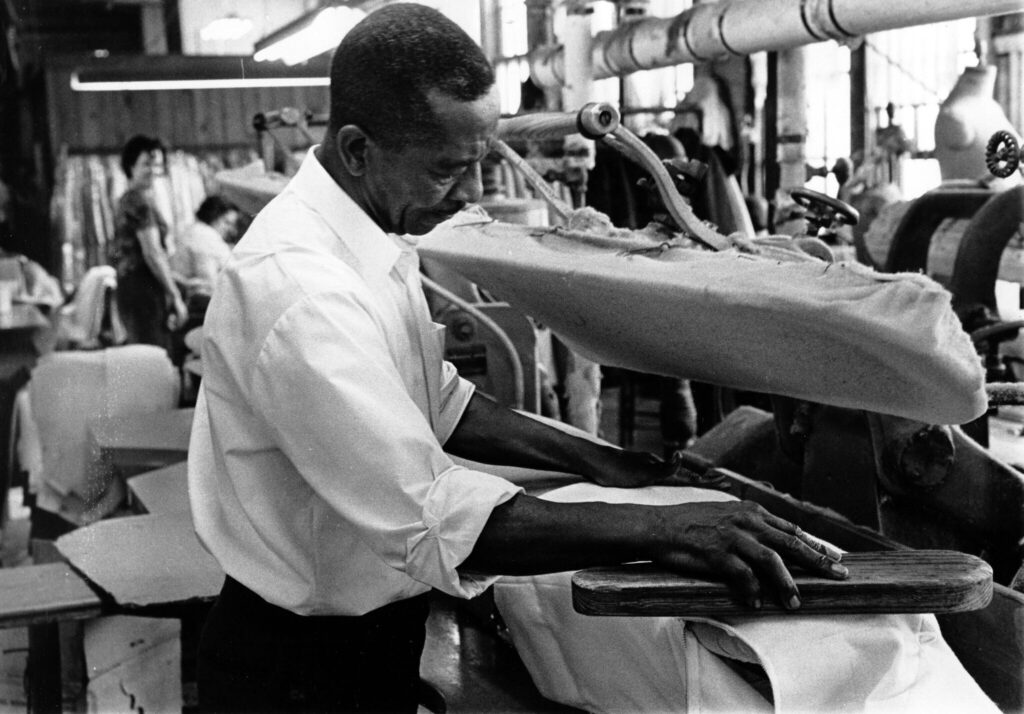When former President Donald Trump recently reiterated his baseless claim that immigrants are “taking Black jobs,” the term “Black jobs” became a hot topic online. People, including celebrities, took to social media using the hashtags #blackjob and #blackjobs to share their experiences and challenge racial stereotypes.
Trump later clarified in an interview with the National Association of Black Journalists that “Black jobs” refer to all jobs held by Black Americans, highlighting concerns about potential employment risks. This conversation comes at a time when Black workers have seen significant progress in employment, although the labor market is at a pivotal point.
Algernon Austin, director for race and economic justice at the Center for Economic and Policy Research, noted that despite the positive trends, significant inequalities remain. “This is the greatest economy for Black people in our lifetimes, but there are still significant racial gaps,” he said. “Unemployment rates are low, employment rates are high, wages are up, and poverty is down, but disparities persist.”
Employment Data Insights
In February, the employment-to-population ratio for Black workers aged 25 to 54 hit an all-time high of 78.6%, according to Bureau of Labor Statistics (BLS) data. In July, this rate was slightly lower at 77.9%, compared to the national rate of 80.9%.
The overall employment-to-population ratio for Black workers aged 16 and older was 59.2% in July, near a 20-year high. Algernon Austin pointed out that claims of immigrants lowering Black employment rates are not supported by data. “There is no good evidence of this,” he said.
The unemployment rate for Black workers reached an all-time low of 4.8% in April last year but was 6.3% in July. The labor force participation rate for Black workers aged 16 and older hit a 16-year high of 64% earlier this year and was 63.2% in July.

Ongoing Disparities
Despite the favorable employment landscape, disparities persist. Valerie Wilson, a labor economist and director of the Economic Policy Institute’s EPI Action advocacy nonprofit, highlighted that Black Americans still face higher unemployment rates compared to other racial groups. “Even at historic lows, Black Americans have a higher unemployment rate than any other racial or ethnic group,” she said. In July, the unemployment rate for White workers was 3.8%, compared to 6.3% for Black workers.
The wage gap between Black and White workers has narrowed but remains significant. Another issue is occupational segregation, where certain jobs are disproportionately held by Black or Hispanic workers. For instance, Black workers make up 12.8% of all employed Americans but 48.4% of postal service workers and 38.1% of nurse assistants, according to BLS data.
The conversation around “Black jobs” underscores the progress made and the challenges that remain in achieving employment equality for Black Americans.





